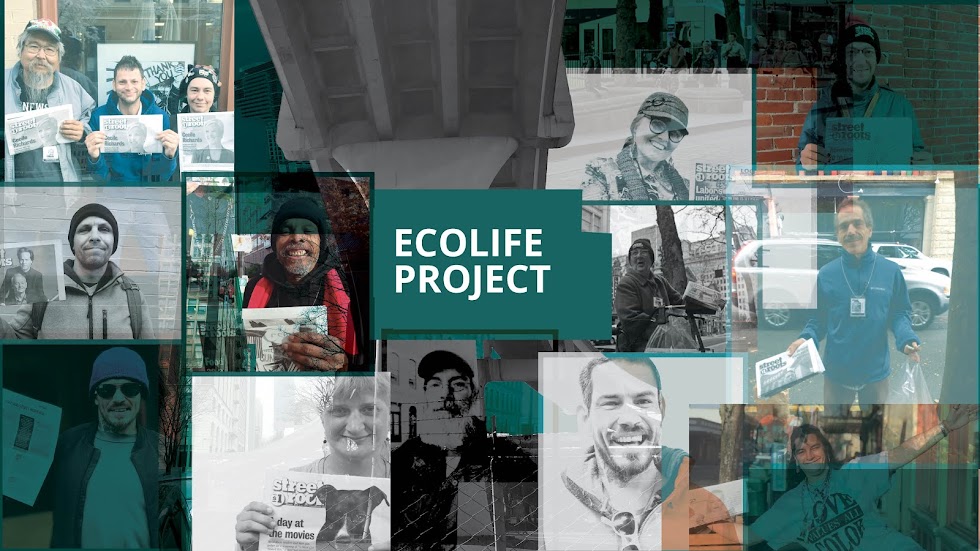Landfill management and
waste disposal isn’t a topic that receives a lot of public or political
attention. Big piles of waste aren’t attractive to talk about, and we pay money
for this material to be moved far away from our urban area (and for good
reason, landfills are naturally stinky). And while Portland’s superb recycling
programs are helpful, the Metro recently reported at least a million tons of
garbage is still being produced and sent to landfills from the Portland area. The
recent rising trend in Portland’s population means of course, more waste, and
Portland’s current waste removal contracts are set to expire in 2019. This could
be an opportunity to improve and innovate Portland’s waste management, a chance
to explore new options for waste management and diversify our waste management
resources. This opportunity brings up potential for Portland to improve its
already reputable status as an environmentally friendly city that works.
The city currently
seems to be focusing on the option of incineration as a process of energy
conversion. This would take place in a currently existing plant just north of
Salem (Portland Tribune's coverage here). While I’m not completely opposed to the
theoretical idea of waste to energy, I wonder if Portland could do better in
exploring more options. Proponents of waste-to-energy incineration frequently
cite Europe as a model, but Europe is both limited in options because of land
scarcity. Also, European plants frequently use new, cleaner technologies that
don’t produce the ash pollutant associated with traditional incineration
plants. What the current proposals (and the lack of diversity in potential
options) suggests to me is a shortcoming in environmental policy that, when
enacted in long-term private contracts, can lock the city’s waste-management
policy into an inefficient strategy for business reasons and hence failing to
take advantage of potential innovations and more diverse mechanisms for dealing
in the market of waste management. Learning from other cities innovations and
keeping flexibility and open options in land management would be helpful, and
allow waste management to adapt to current trends and needs of a rising
population.


No comments:
Post a Comment